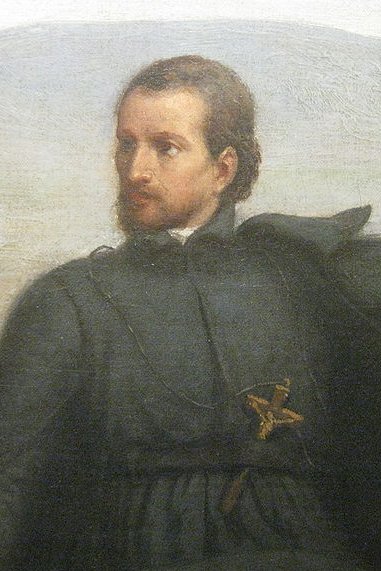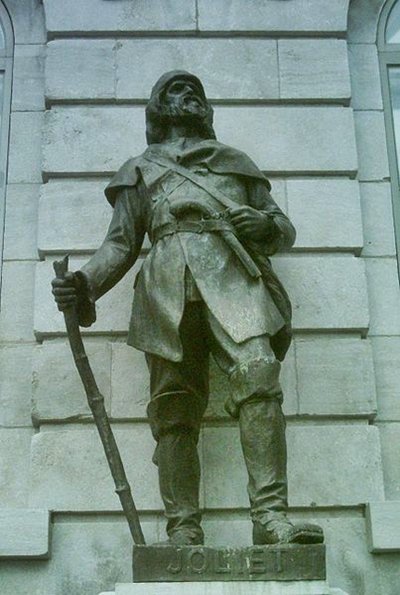 In 1672, Marquette and Joliet were ordered by Governor Frontenac of New France, which is today known as Canada, to search for a path to the Pacific Ocean. News was that there was a large river in the south of the ocean and they were sent to find that river, which is today the Mississippi river. The reason the governor sought the river was that there were talks that it would lead to China, a place that people wanted to go to. There was also speculation that if the river didn’t lead to China, it would lead to Mexico.
In 1672, Marquette and Joliet were ordered by Governor Frontenac of New France, which is today known as Canada, to search for a path to the Pacific Ocean. News was that there was a large river in the south of the ocean and they were sent to find that river, which is today the Mississippi river. The reason the governor sought the river was that there were talks that it would lead to China, a place that people wanted to go to. There was also speculation that if the river didn’t lead to China, it would lead to Mexico.
Expedition in North America
It was in May of 1673 that the two men led an expedition to explore the unsettled areas of France in North America. They traveled from the Great Lakes region to the Gulf of Mexico. Then, in June 1673, they arrived in Arkansas by taking the path of the Mississippi river. Their main objective in going through that expedition was to map out the areas that had not been developed developed. That documentation was later presented to the French and Canadian officials.
Missionary Explorer
The two explorers, Marquette and Joliet, actually came from two different worlds. Father Jacques Marquette was a Jesuit missionary born in Laon, France in 1637. His family had been involved in military and civic service. He arrived in Canada in 1666. But before he left, he joined the Society of Jesus and studied in diverse Jesuit colleges in France. During his stay in Canada, he learned how to speak the many different American-Indian languages.
He was also given the duty to introduce Christianity to the tribal members living in the region of the Great Lakes. His guide, Louis Joliet, was his exact opposite. He was born in Canada in 1645. He was also considered the first important explorer of European descent who was born and raised in North America. He used to make wagons, excelled in mathematics and attended a Jesuit school. He abandoned his studies to join the expedition in 1672 and hoped to make riches by trading fur.
Great Lakes to the Gulf of Mexico
Marquette and Joliet’s expedition brought a lot of positive things to the French and Canadian officials. First on the list was that the French had become aware that there was an all-water route from the region of the
Great Lakes to the Gulf of Mexico. They also found out that they could build barriers between the French and the English colonies, put up forts along the river, and spread out the Catholic faith. Another discovery was that the Native American Indians had become allies to the French after the two explorers established a place for them in the lower Mississippi River Valley.
Marquette and Jolie separated after the expedition. Father Jacques Marquette worked with the Kaskaskia Indians at Starved Rock. He died falling ill on May 18, 1675, when he was thirty-nine years old. Louis Joliet, meanwhile, was appointed royal hydographer and later married in Quebec. He died in Canada in May 1700.
